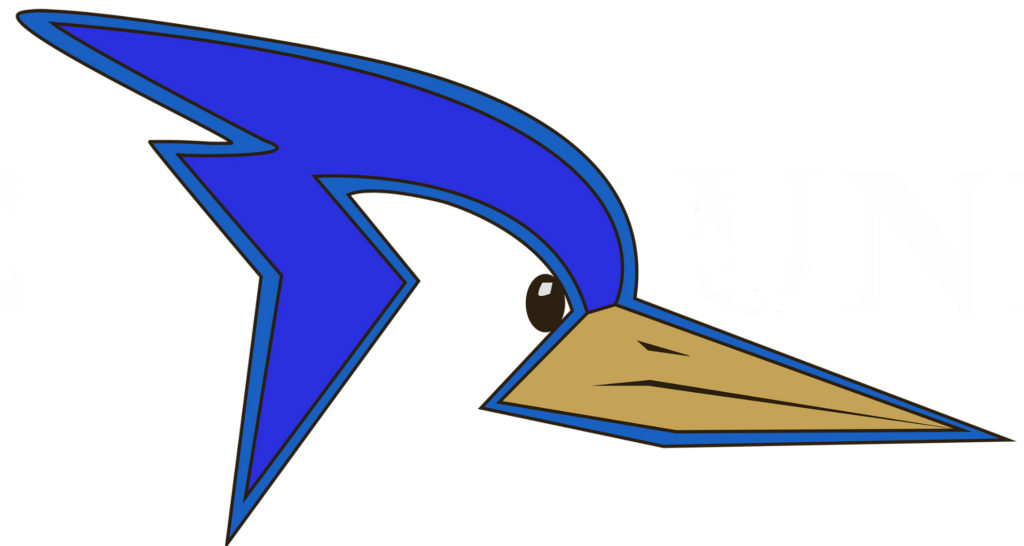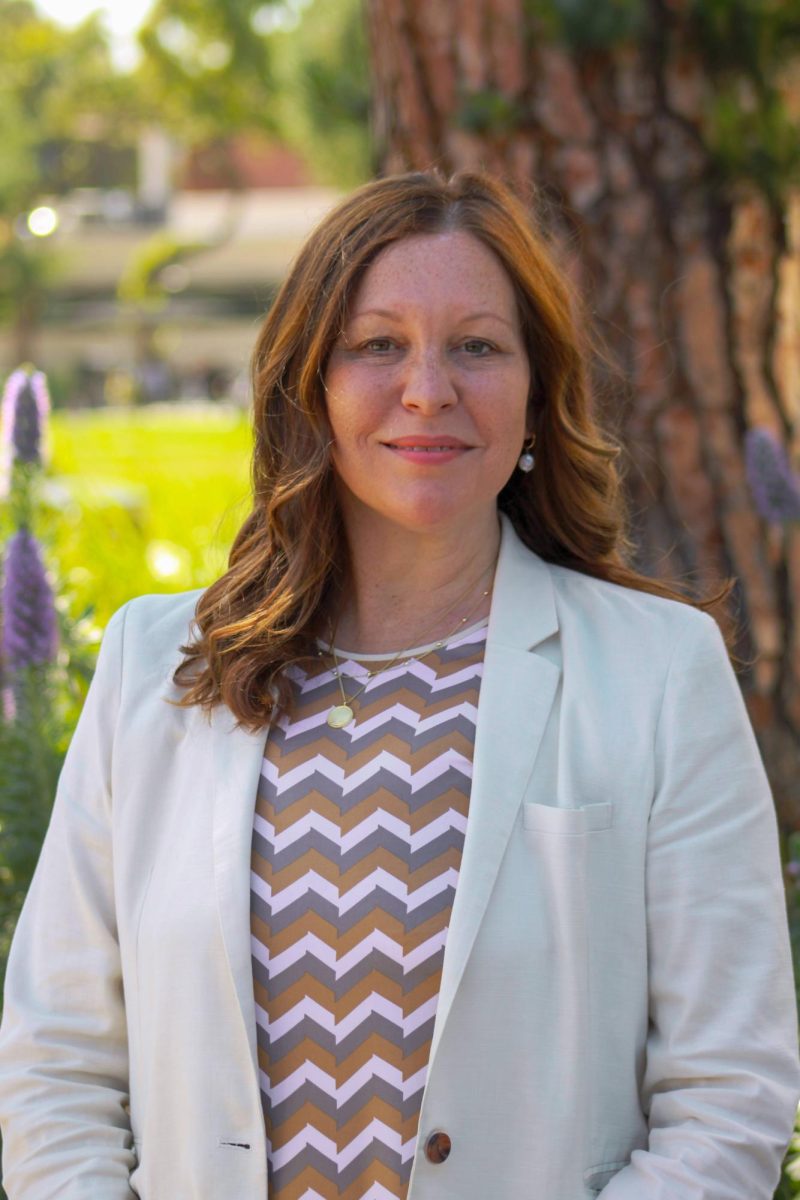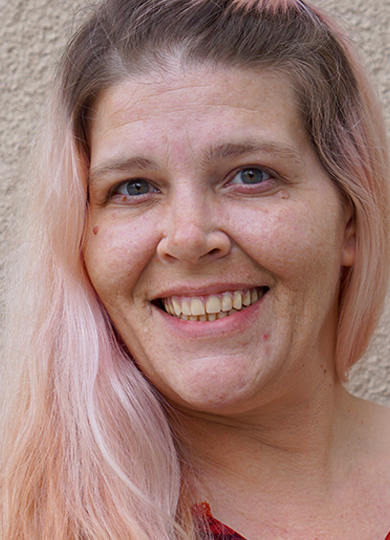Reporter
This Wednesday, Feb. 27 at noon in the Dezember Reading Room of the Walter Stiern Library, the Multicultural Alliance and Gender Equity Resource Center will host a Human Library. The event will feature 8 “human books,” volunteers from faculty, staff, and the student body from CSU Bakersfield.
“Essentially, you’re checking out books, which the books are actually human participants, and they tell their story,” explains MAGEC Graduate Student Leader Haley Schlechta.
The idea for the Human Library came out of MAGEC’s current Culture and Gender Book Drive. Schlechta said the book drive, going on now through March 1, inspired her to find more opportunities for the CSUB community to tell and hear one another’s stories.
She met with Terezita Overduin, outreach and programming coordinator for the Walter Stiern Library, and together they decided to bring the Human Library to CSUB. According to Schlechta, the event is intended to be fully interactive.
“People who participate in the event will be able to essentially ‘check [the human books] out’ and have conversations with them that they wouldn’t usually be able to have… things that can’t necessarily be discussed in a classroom setting or an office setting.”
The Human Library project began in Denmark in 2000. The first event in Copenhagen lasted four days and had more than 50 “books.” Since then, the Human Library Organization has authorized events in 70 countries and counting.
For the Human Library at CSUB, the 8 participants will tell their stories, after which MAGEC will hold a reception with light refreshments.
“There will be that time after they do the presentations to essentially sit down and have conversations with these professors, staff, and students,” says Schlechta.
The mission of the Human Library is to foster compassion in the world by facilitating meaningful social interactions between people who may otherwise never get to know one another, and about topics that are not often discussed out in the open.
“The overall goal of this project was to be very inclusive and to be very interactive with all our diverse students and faculty,” Schlechta says. She also expresses a hope that this is only the beginning, as she’s already looking forward to fall semester. “If we get to do it again, that would be ideal.”









